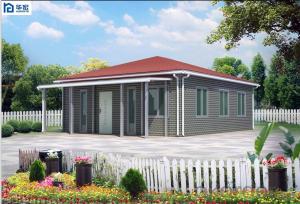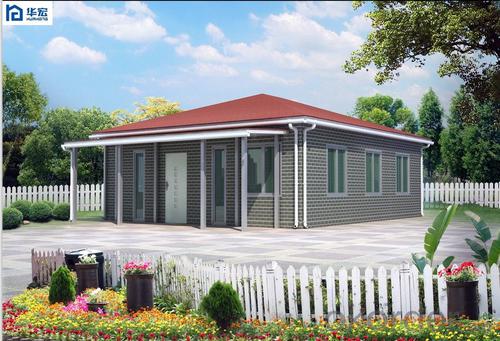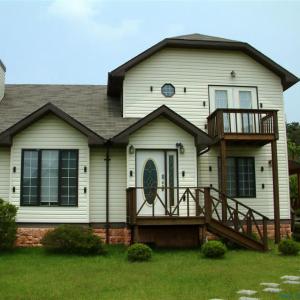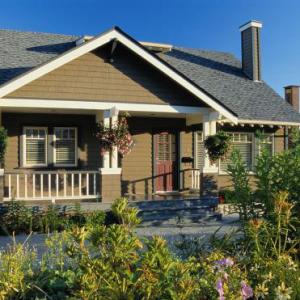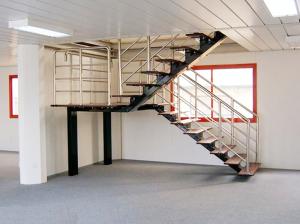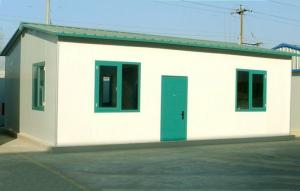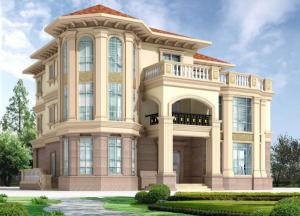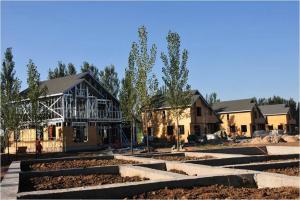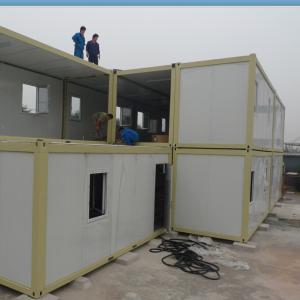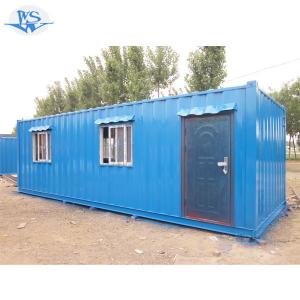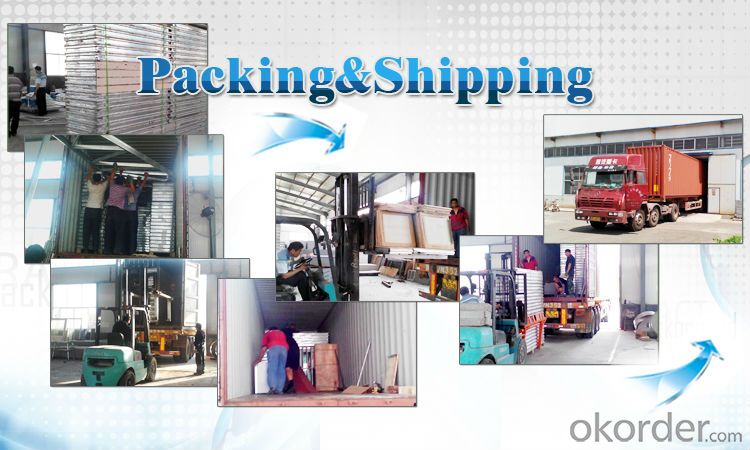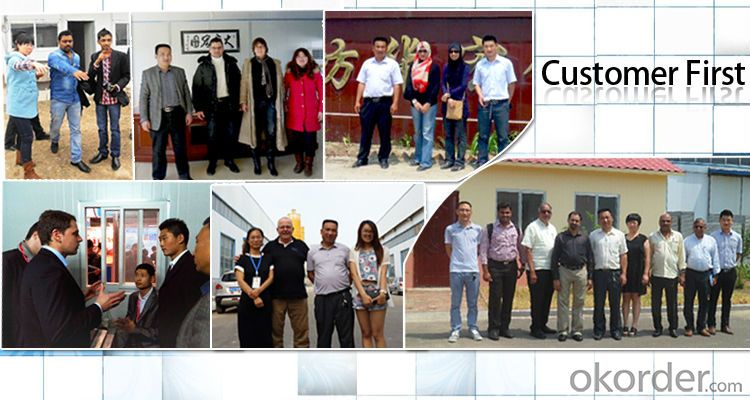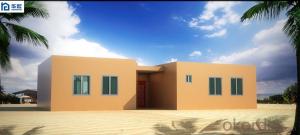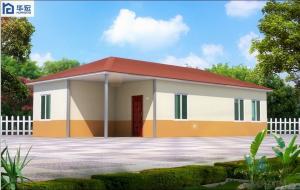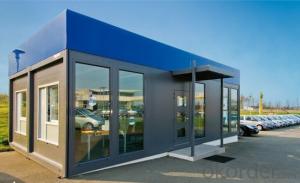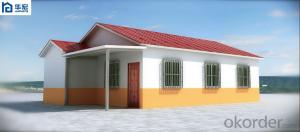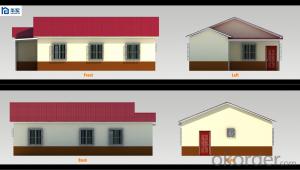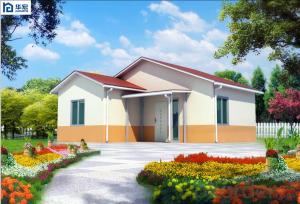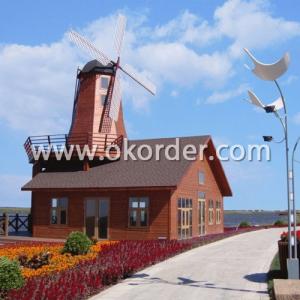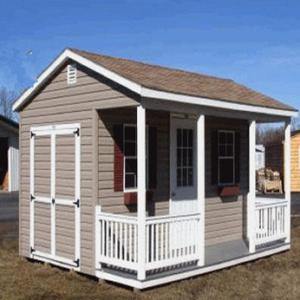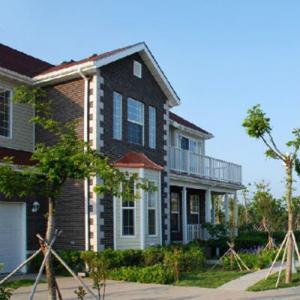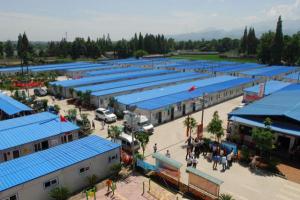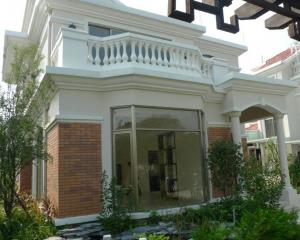Popular cement house
- Loading Port:
- China Main Port
- Payment Terms:
- TT OR LC
- Min Order Qty:
- -
- Supply Capability:
- -
OKorder Service Pledge
OKorder Financial Service
You Might Also Like
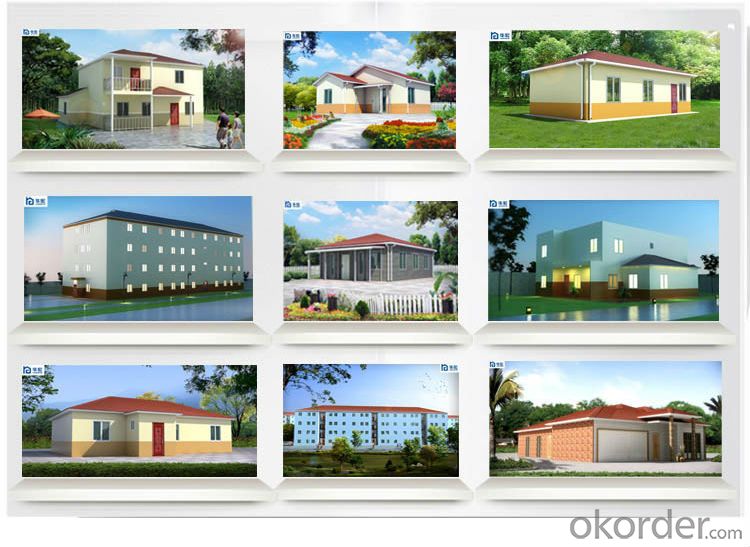
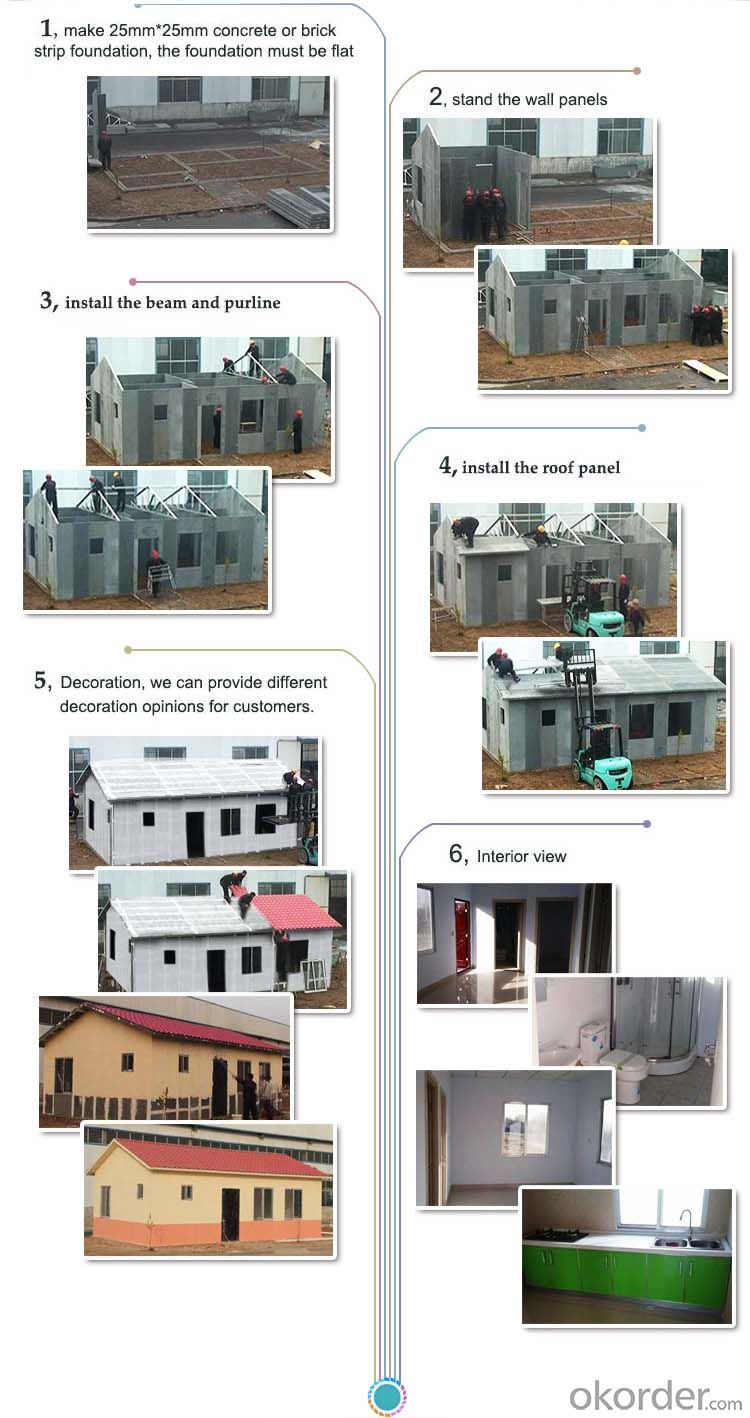
More questions:
1, What's your Payment term:
30% deposit by TT, 70% balance before loading container by TT; 100% LC at sight(total payment over 100,000USD);
2, How about Shipping:
We use 20 feet container and 40HQ container to ship the goods; Usually one 20 feet container can load about 50-60 square meters' house, 40HQ container can load about 120-140 square meters's house.
3, How to become your agent in our country:
First, you can make a report about your market, include the the rules and laws of prefab house, popular house models, target price, and potential sales quantity.
Second, you must place a trial order to act as the display.
Third, after finishing the sample house and getting the local people's feedback, we will give you the agent right in one area with limited time.
Fourth, Please note that we already have agent in Mumbai City India; Marshall Islands, Trinidad and Tobago.
4, Can you help me to purchase other things like furniture or appliance:
Because the customs law, our company can only export prefab house, so we just can purchase very little matched kitchen and bathroom facilities for you in consideration of customs clearance.
5, Can you send workers to help me build house.
Considering the labor cost, safety and visa issues, we suggest to send one or two engineers to guide and train your staffs. You must provide air tickets, hotel, and meal, and 100USD per day for engineer salary.
- Q: Can container houses be designed with a contemporary kitchen?
- Yes, container houses can definitely be designed with a contemporary kitchen. With the right design and layout, container houses can incorporate all the modern features and aesthetics of a contemporary kitchen, including sleek countertops, high-end appliances, stylish cabinetry, and modern lighting fixtures. The key lies in creative design solutions that maximize the limited space available in a container house while still providing all the functionalities and visual appeal of a contemporary kitchen.
- Q: What is the cost of sandwich color steel room?
- Color steel plate is divided into veneer, Caigang composite board, floor board and so on
- Q: Are container houses suitable for pet shelters or rescue centers?
- Yes, container houses are suitable for pet shelters or rescue centers. Container houses provide several advantages for such facilities. Firstly, they are cost-effective and can be built at a fraction of the cost of traditional brick and mortar structures. This is particularly beneficial for non-profit organizations or shelters with limited budgets. Secondly, container houses are highly versatile and can be customized to accommodate the specific needs of pet shelters. They can be easily reconfigured and expanded to create separate living spaces for different types of animals, such as dogs, cats, or smaller animals like rabbits or birds. Additionally, container houses are durable and weather-resistant, making them suitable for various climates. They can withstand extreme temperatures, heavy rain, and even natural disasters. This ensures the safety and well-being of the animals housed within. Furthermore, container houses can be easily transported and relocated, allowing pet shelters to adapt to changing circumstances or to reach areas in need during emergencies. They can also be stacked or arranged in different configurations to optimize space and maximize the capacity of the shelter. Lastly, container houses are environmentally friendly as they repurpose shipping containers that would otherwise go to waste. By using recycled materials, pet shelters can contribute to sustainable practices and reduce their carbon footprint. In conclusion, container houses are highly suitable for pet shelters or rescue centers due to their cost-effectiveness, versatility, durability, transportability, and environmental friendliness. They provide a practical and efficient solution for organizations dedicated to providing care and shelter for animals in need.
- Q: Are container houses suitable for artists or creative professionals?
- Container houses can definitely be suitable for artists or creative professionals. One of the biggest advantages of container houses is their versatility and adaptability, which can be particularly appealing to those in the creative field. These houses can be customized and designed to meet specific artistic needs, allowing artists to create their own unique and inspiring living spaces. Container houses offer a wide range of design possibilities. The modular nature of containers allows for easy expansion and modification, giving artists the freedom to create a space that suits their artistic requirements. They can be transformed into spacious studios with ample natural light, providing the ideal environment for painters, sculptors, or any other type of artist. Additionally, container houses can also be designed with specific storage solutions for art supplies, materials, or even gallery spaces to showcase their work. Moreover, container houses are often more affordable than traditional houses or studios, making them an attractive option for artists or creative professionals who may be working on a tight budget. These houses can be built relatively quickly and at a fraction of the cost of a conventional home, allowing artists to invest more in their creative endeavors. Furthermore, container houses are environmentally friendly. They repurpose old shipping containers, reducing waste and making them an eco-conscious choice for artists who are concerned about sustainability. The use of recycled materials can also add a unique aesthetic appeal to the living space, further enhancing the artistic atmosphere. However, it's important to note that container houses may not be suitable for every artist or creative professional. Some artists may require larger or more specific spaces that cannot be easily accommodated by container houses. Additionally, those who value traditional architectural features or historical buildings may not find container houses to be aesthetically appealing. In conclusion, container houses can be a great option for artists or creative professionals looking for a unique, customizable, and cost-effective living space. These houses offer endless possibilities for artistic expression and can be tailored to meet the specific needs of the individual artist.
- Q: Are container houses suitable for multi-family living?
- Multi-family living can be accommodated by container houses. These houses are constructed using repurposed shipping containers, typically made of durable materials like steel. They can be easily modified and stacked to create multi-level structures, making them ideal for multiple families in one building. There are several advantages to living in container houses for multi-family arrangements. Firstly, they are cost-effective compared to traditional construction methods. The use of shipping containers significantly reduces construction costs, making housing more affordable for families. Additionally, container houses can be built quickly, resulting in shorter project timelines and faster occupancy. Container houses also offer flexibility in terms of design and layout. The modular nature of shipping containers allows for easy customization to meet the specific needs of each family. Multiple containers can be combined to create larger living spaces, while separate containers can provide privacy and personal space for each family. In addition, container houses are eco-friendly. By repurposing shipping containers, the demand for new construction materials is reduced, minimizing the environmental impact. They can also be designed to be energy-efficient by incorporating insulation, solar panels, and other sustainable features, resulting in lower energy consumption and utility costs for multi-family living. However, it is important to consider some potential drawbacks of container houses for multi-family living. The limited space within individual containers may require careful planning to ensure adequate living areas for each family. Noise insulation could also be a concern, as steel containers may transmit sound more easily than traditional materials. Proper insulation and soundproofing measures should be incorporated to address this issue. In conclusion, container houses can be a suitable option for multi-family living due to their affordability, design flexibility, and eco-friendly nature. While there may be challenges to overcome, with proper planning and customization, container houses can provide comfortable and practical living spaces for multiple families.
- Q: How do container houses compare to tiny houses?
- Container houses and tiny houses have some similarities but also significant differences. Both types of housing are compact and designed to maximize space utilization. However, container houses are typically made from shipping containers and repurposed for residential use, while tiny houses are custom-built structures. Container houses often offer more durability due to their steel construction, whereas tiny houses may provide more design flexibility and aesthetic options. Additionally, container houses can be more cost-effective and easier to transport, while tiny houses allow for greater customization and personalization. Ultimately, the choice between the two depends on individual preferences, budget, and specific needs.
- Q: Can container houses be off-grid?
- Container houses have the capability to be off-grid, which is one of their advantages. They offer flexibility, allowing for various sustainable living options. In order to achieve off-grid living, solar panels can be installed on the roof or in close proximity to the container house. These panels harness sunlight and convert it into usable energy, thus providing electricity. Moreover, container houses can integrate rainwater harvesting systems to collect and store rainwater for everyday needs. Some container houses even incorporate composting toilets and graywater recycling systems to minimize water usage. By combining these environmentally friendly technologies, container houses can operate independently from the traditional power grid and water supply, making them an excellent choice for off-grid living.
- Q: Can container houses be designed with large windows or skylights?
- Yes, container houses can definitely be designed with large windows or skylights. In fact, incorporating these features into a container house design can help create a more open and spacious feel, as well as provide ample natural light. While the structural integrity of the container should be considered when adding large windows or skylights, there are various techniques and materials available to ensure the container remains structurally sound. Additionally, using energy-efficient glazing and proper insulation can help regulate temperature and minimize heat loss. Ultimately, container houses can be customized to suit individual preferences and needs, and the inclusion of large windows or skylights is certainly a viable design option.
- Q: Are container houses suitable for areas with strict building codes?
- Yes, container houses can be suitable for areas with strict building codes. While they may require some modifications and additional permits to meet the specific requirements, container houses can still comply with building codes when built and designed properly. It is essential to work with experienced architects and contractors who are knowledgeable about local regulations to ensure compliance and obtain the necessary approvals.
- Q: What is a container house?
- A container house is a type of home that is built using shipping containers. These containers are repurposed and transformed into living spaces, offering a cost-effective and eco-friendly housing solution. Container houses are known for their modern and minimalist design, as well as their versatility and mobility.
Send your message to us
Popular cement house
- Loading Port:
- China Main Port
- Payment Terms:
- TT OR LC
- Min Order Qty:
- -
- Supply Capability:
- -
OKorder Service Pledge
OKorder Financial Service
Similar products
Hot products
Hot Searches
